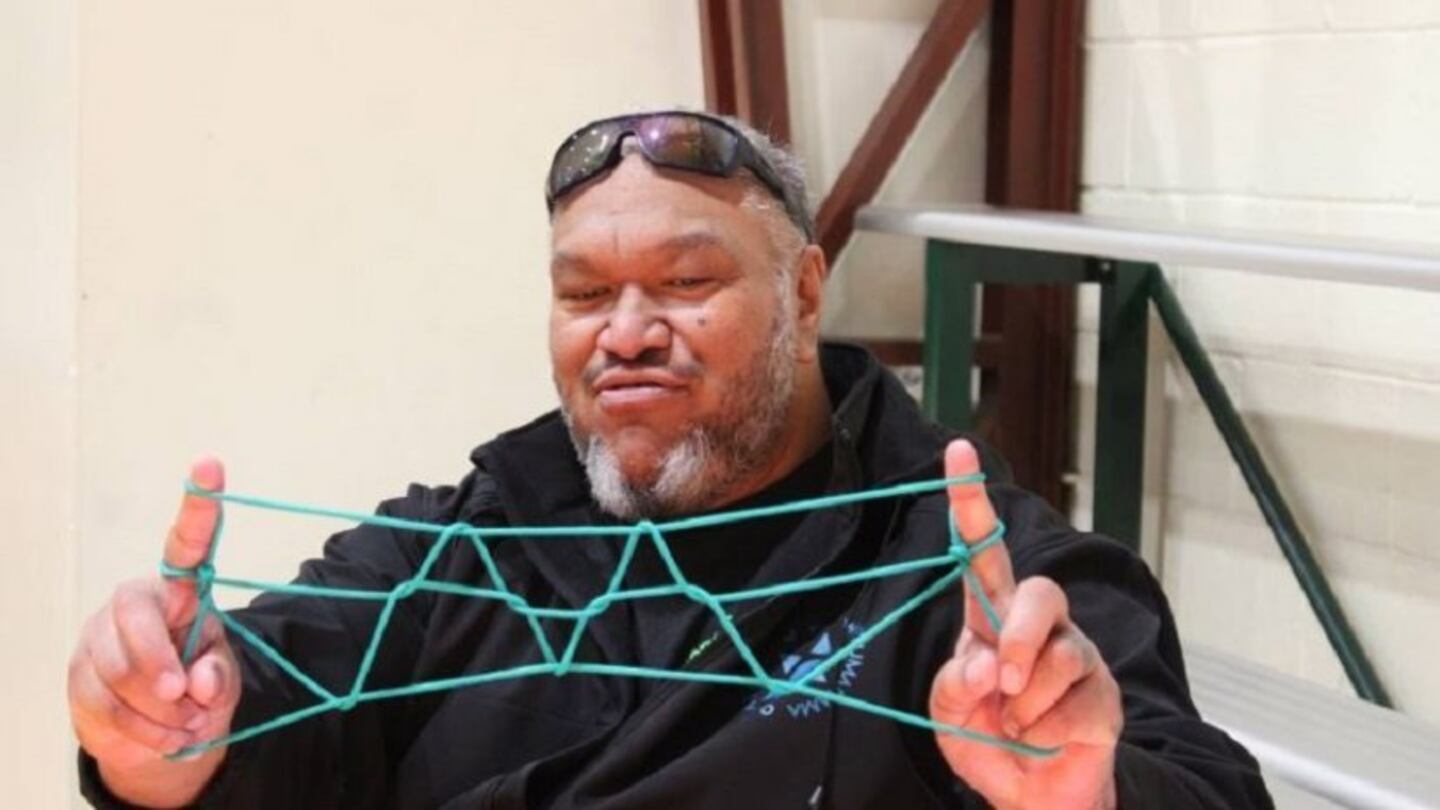Nathan Waitai shows a string figure representing Matariki. Source / NZME
By Dave Murdoch, Hawkes Bay Today
Without a written language, Māori traditionally used games to promote and remember their culture, particularly their values.
These values included whanaungatanga, manaakitanga, kotahitanga, rangatiratanga, mohiotanga (sharing of information), maramatanga (understanding), tuakana/teina, whakapapa, kaitiakatanga, wairua, tikanga, hakari, and mauri.
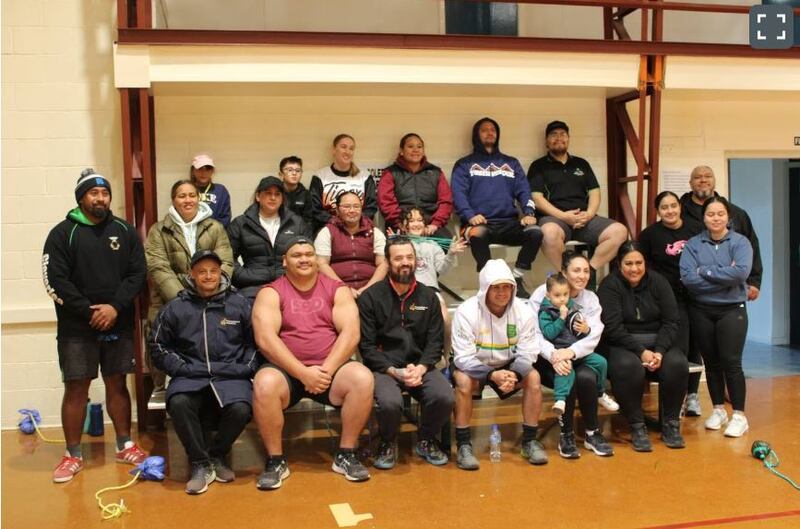
The group that came to play and learn.
All of these were demonstrated and taught by Troy Tawhai in a programme called Ngā Taonga Tākaro Wananga, and sponsored by Rangitāne’s Te Kete Hauora in the Dannevirke Sports Centre earlier this month.
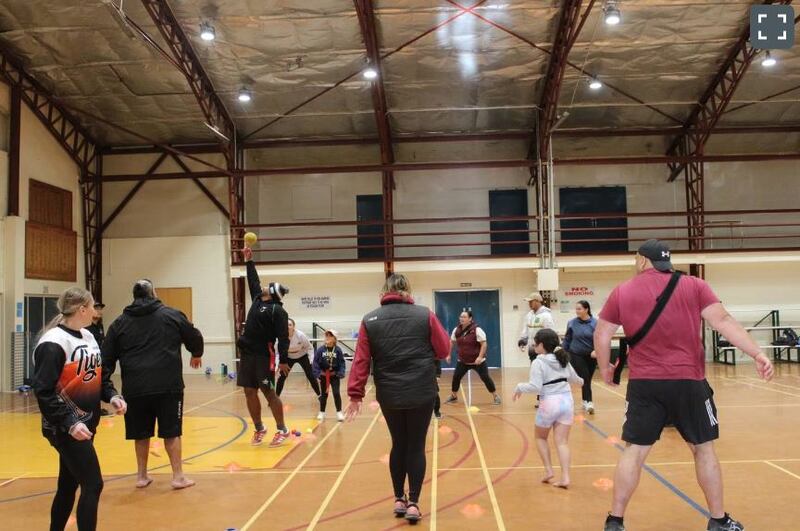
Playing tapu ae, two teams attack each other's tupu (defended site) with a soft ki (ball) thrown.
Over five hours, a wide range of traditional games was introduced to a group of over 30 Māori who had travelled from as far away as Wellington and Manawatū to join locals and learn the games, which had evolved over hundreds of years.
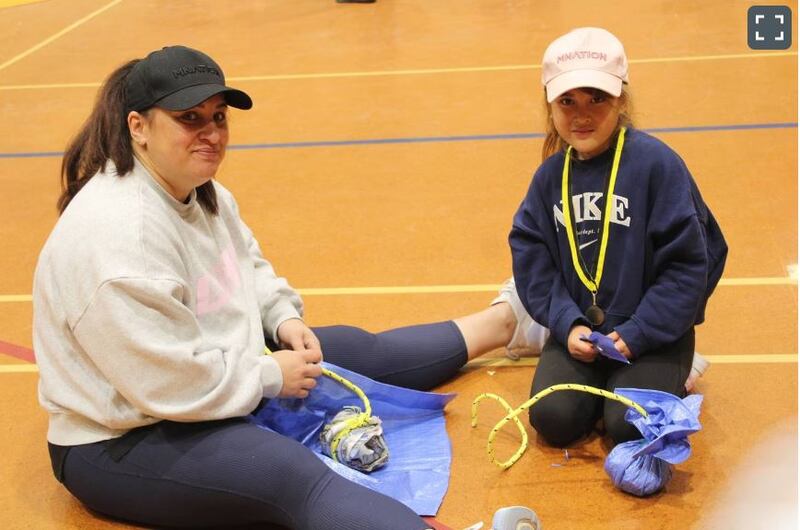
Nathan Waitai, who was participating, says the games were the main way Māori were taught their culture and they had to be fun to gain full participation.
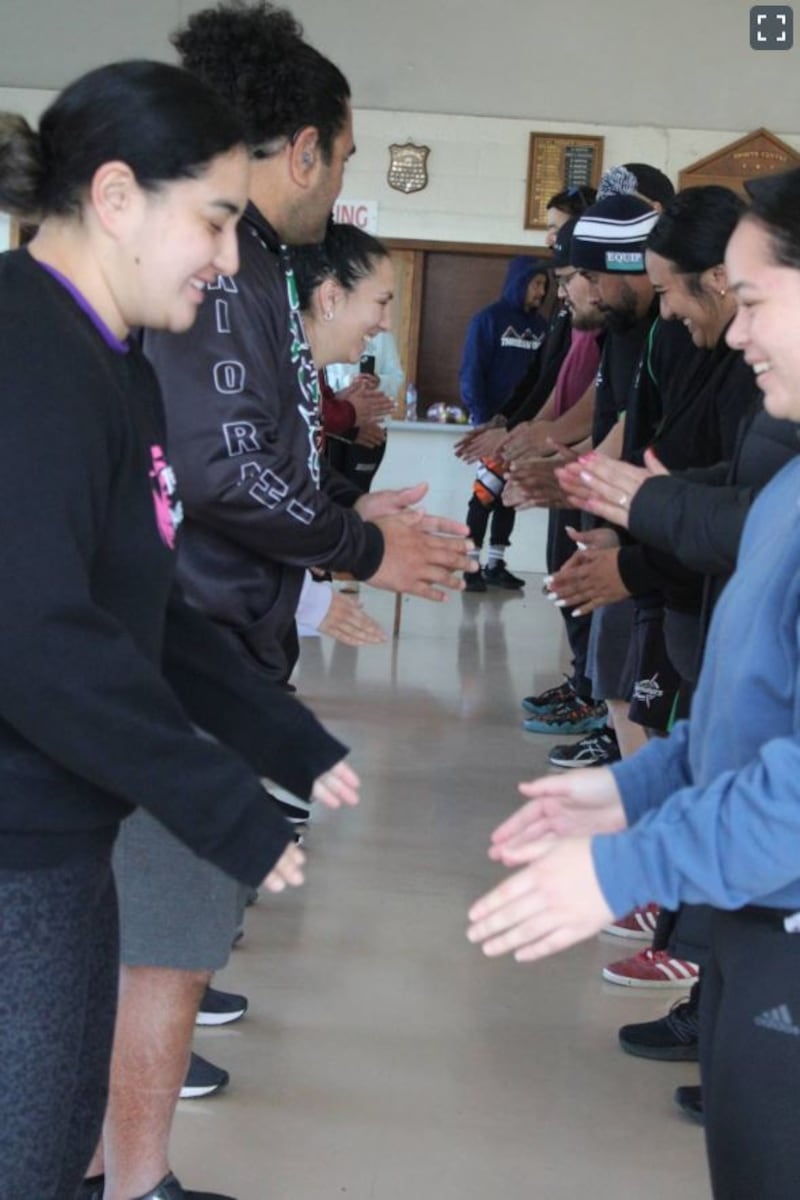
I te timatanga is a game for hand-eye co-ordination.
“These games had to stand the test of time,” he says.
“Otherwise our cultural beliefs and practices would fade away.”

Poi patu, in which a special poi is used to hit below the waist and eliminate an opponent.
A Taonga Tākaro Training Manual highlights the range of games, which can be passive like board games and string patterns, or active team games such as the increasingly popular ki o rahi.
The group had a great time and returned from Dannevirke ready to spread the knowledge of games and create so much enjoyment doing it.


